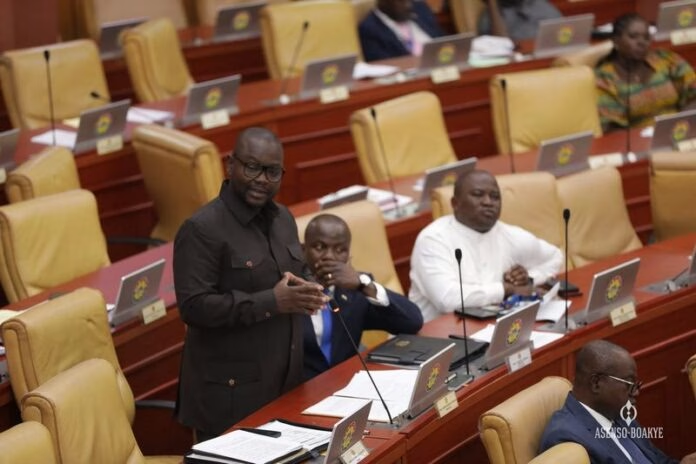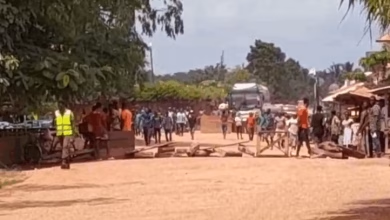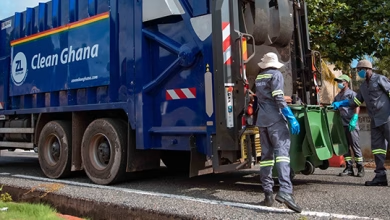Asenso-Boakye Criticizes Mahama’s View on Road Debt In Parliament

- Asenso-Boakye criticized Mahama's stance on road debt
- P built 13,624 km of roads, surpassing NDC's 4,636 km
- Asenso-Boakye blamed poor urban roads on rapid growth
In a recent parliamentary session, Francis Asenso-Boakye, the Member of Parliament for Bantama and former Minister of Roads and Highways, took issue with former President John Dramani Mahama’s remarks regarding road infrastructure debt in his State of the Nation Address.
Asenso-Boakye pointed out what he viewed as contradictions in Mahama’s statements. He argued that while the former president stressed the importance of road infrastructure for national development, he also expressed concern over the debt incurred from such investments.
Asenso-Boakye defended the necessity of such investments for economic growth, noting, “Debt, in itself, is not bad; it depends on how it is used.” He referenced the U.S. interstate highway program of the 1950s, which reportedly generated six dollars in economic returns for every dollar spent.
The former minister also praised the New Patriotic Party (NPP) administration’s performance, pointing out that between 2017 and 2024, the Akufo-Addo-Bawumia government had worked on 13,624.25 kilometers of roads, compared to just 4,636 kilometers under the previous National Democratic Congress (NDC) administration. He clarified that these figures encompass construction, rehabilitation, reconstruction, and upgrading projects.
Beyond roadwork, Asenso-Boakye highlighted the NPP administration’s progress in building interchanges and bridges to enhance connectivity and safety. He noted that under the Akufo-Addo government, nine interchanges had been completed, with 13 more under construction, while the Mills-Mahama administration had completed just five.
Additionally, between 2017 and 2024, over 35 bridges were completed, with more than 50 others at various stages of construction across the country.
In response to Mahama’s concerns about the state of urban roads, Asenso-Boakye attributed the challenges to rapid urbanization and population growth. He explained that as cities expand, new access roads are created, initially in basic conditions, and await further investment to address the needs of growing urban populations.
Asenso-Boakye concluded by asserting that the road sector is in a better condition than ever before, emphasizing the NPP’s commitment to infrastructure development.
“Our record in the roads sector is unmatched and unprecedented. No other government in Ghana’s history has done more,” he stated.
The ongoing parliamentary debate continues to showcase differing perspectives on infrastructure investment and its role in driving national development.






